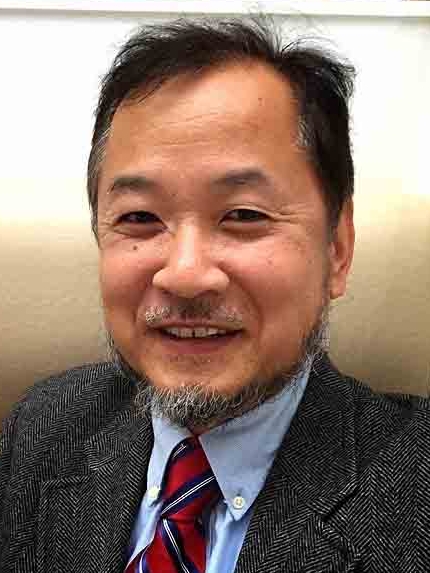Faculty
Shinsuke Fujiwara
Major research fields
 Microbiology, Enzymology, Fermentation Technology
Microbiology, Enzymology, Fermentation Technology
Microorganisms are very tiny one-celled organisms, viruses, fungi, and bacteria, and are found everywhere in the world. They can live in the air, on land, and in fresh or salt water environments. An extremophile is a unique microorganism that thrives in physically or geochemically extreme conditions that are detrimental to most life on earth. Enzymes from extremophiles are presumed to fill the gap between biological and chemical processes due to their unusual properties. Specifically, enzymes from hyperthermophiles that can grow at above 90°C were shown to prove their extraordinary thermostability and denaturant tolerance. One of the most successful uses of thermostable enzymes was DNA polymerase in the polymerase chain reaction (PCR). Besides PCR, thermostable enzymes are used in the chemical, food, pharmaceutical, paper and textile industries. Hyperthermophiles are very attractive microorganisms because they are sources of thermostable enzymes and because they are some of the most primitive microorganism on earth. In our laboratory, we focus on adaptation mechanisms of hyperthemophiles to various stress environments and studying them at a molecular level. In addition, trials to develop novel technologies by "extremozymes" are attempted.
Major relevant publications
- Akasaka, N., Sakoda,H., Hidese,R., Ishi,Y., and Fujiwara, S. An efficient method using Gluconacetobacter europaeus to reduce an unfavorable flavor compound, acetoin, in rice vinegar production. Appl.Environ.Microbiol. (American Society for Microbiology, Washington DC, USA), 79, 7334-7342 (2013)
- Okada, K., Hidese, R., Fukuda, W., Niitsu, M., Takao, K., Horai, Y., Umezawa, N., Higuchi, T., Oshima, T., Yoshikawa, Y., Imanaka, T., and Fujiwara, S. Identification of a novel aminopropyltransferase involved in the synthesis of branched-chain polyamines in hyperthermophiles. J.Bacteriol.(American Society for Microbiology, Washington DC, USA) , 196, 1866-1876 (2014)
- Hidese,R., Inoue,T., Imanaka,T., and Fujiwara,S. Cysteine desulfurase plays an important role in environmental adaptation of the hyperthermophilic archaeon Thermococcus kodakarensis. Mol.Microbiol. (Willy Co.Ltd., West Sussex, England), 93, 331-345 (2014)
- Ishii,Y.,Akasaka,N., Goda,I., Sakoda,H., and Fujiwara,S. Effective trapping of fruit flies with cultures of metabolically modified acetic acid bacteria. Appl.Environ.Microbiol. (American Society for Microbiology, Washington DC, USA), 81, 2265-2273 (2015)
- Gao,L., Imanaka,T.,and Fujiwara,S. A mutant chaperonin that is functional at lower temperatures enables hyperthermophilic archaea to grow under cold-stress conditions. J.Bacteriol. (American Society for Microbiology, Washington DC, USA), 197, 2642-2652 (2015)



